Kelvin MacKenzie to leave The Sun: Five controversial moments of columnist's career
Tabloid journalist is reportedly in exit talks with The Sun after comparing footballer Ross Barkley to a gorilla.
Kelvin Mackenzie, the former editor of The Sun, is reportedly leaving the newspaper after a long-running tabloid career.
He was suspended after his April column compared Everton footballer Ross Barkley, who is of mixed race, to a gorilla and made disparaging comments about the city of Liverpool.
News UK, the parent company of The Sun, is now in exit talks with MacKenzie, the Financial Times reported on Monday (8 May).
His impending departure marks the end of a long relationship with the tabloid – one not unknown to controversy.
The 70-year-old was editor of the paper between 1981 and 1994, very much becoming the face of The Sun and shaping its newsroom culture.
Under his stewardship, the tabloid became known for ever more sensationalist headlines as well as outlandish – and sometimes, untrue – stories.
This included falsely claiming Elton John had the voice box removed from each of his guard dogs to prevent them barking, and printing the infamous – but also false – headline 'Freddie Starr ate my hamster'.
IBTimes UK runs through five controversial moments of the ex-editor's career.
1. Hillsborough disaster
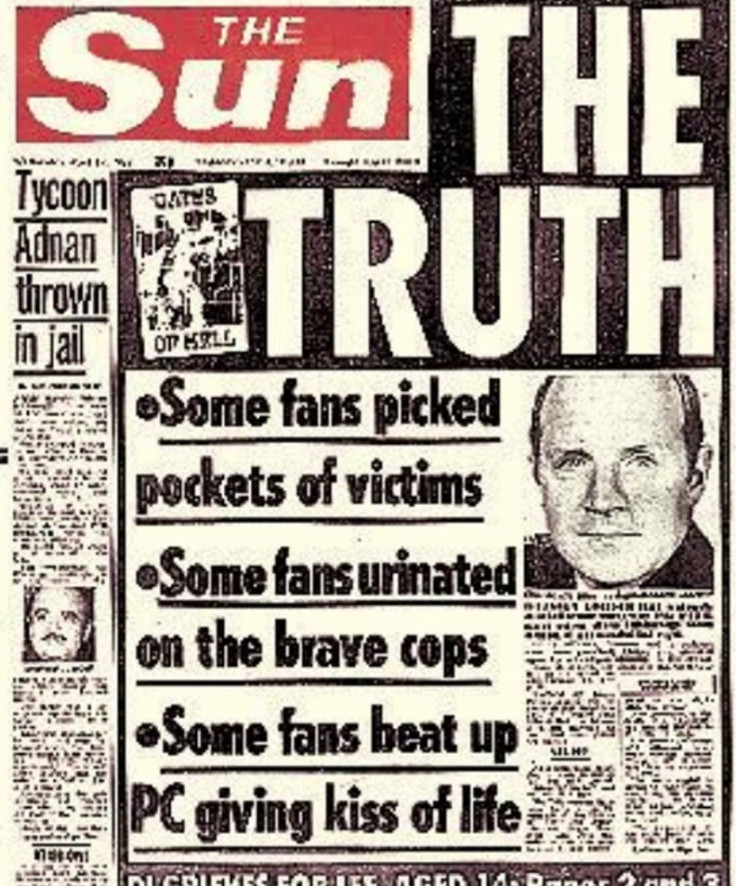
The Sun's coverage of the Hillsborough disaster in April 1989 was arguably Mackenzie's biggest mistake while editor.
The tabloid was heavily criticised after it printed accusations from South Yorkshire police sources that Liverpool supporters had "picked pockets of victims" and "urinated on brave cops".
The Sun's infamous story of what it claimed happened during that FA Cup semifinal between Liverpool and Nottingham Forest – under the headline 'The Truth' – also alleged that fans beat up officers who were trying to save those injured.
The reports, which were found to be untrue, were said to have caused significant distress to families in the early stages of the tragedy.
MacKenzie later admitted it was his "decision alone" to run the front page as it was published, with fellow journalists reportedly having raised concerns over how the story was being portrayed.
The Sun and MacKenzie have since apologised for the article. An editorial in the paper called the 1989 report "the blackest day in this newspaper's history".
And the backlash is still felt today, with The Sun boycotted by many Liverpudlians.
As recently as February this year, Liverpool Football Club banned The Sun from its stadium and training ground as a result of the Hillsborough coverage, prohibiting its journalists from reporting on matches inside Anfield stadium or interviewing players and manager Jurgen Klopp.
An inquiry last year found that all 96 victims who died in the disaster were "unlawfully killed" and Liverpool fans were not to blame for the crush.
"As I have said before, the headline I published was wrong and I am profoundly sorry for the hurt caused," MacKenzie said following the verdict. "Clearly, I was wrong to take the police's version of events at face value and it is a mistake I deeply regret."
MacKenzie also wrote: "It would have been far more accurate had I written the headline 'The Lies' rather than 'The Truth'."
2. Gotcha - The sinking of the Belgrano
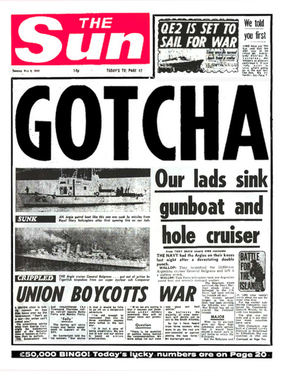
The Argentina invasion of the Falklands, and its subsequent retaking by British forces, saw The Sun go into full battle mode.
The assistant editor at the time, Roy Greenslade, said MacKenzie turned the newsroom into an "unofficial war office". The news editor reportedly donned a naval officer's cap and referred to himself as "Commander", while a map of the south Atlantic was pinned on the board behind him under a picture of Winston Churchill.
This war office culture led to "cynical, jingoistic, bloodthirsty war coverage", Greenslade said.
"Stick it up your Junta", screamed one Sun splash headline over a story about a possible compromise solution between Argentina and Britain. Thousands of T-shirts carrying the headline were sold by the paper within a week.
But it was the paper's "Gotcha!" headline over a report on the May 1982 sinking of the Argentinian cruiser, the General Belgrano, by a British submarine that exemplified The Sun's coverage of the Falklands conflict. Reports at the time suggested a huge loss of life.
Despite MacKenzie reportedly changing the headline in later editions to 'Did 1,200 Argies drown?', he later dismissed criticism of what some said was insensitive reporting considering the large number of deaths.
"'Gotcha' was mine, which I'm very proud about. The fact that the enemy were killed to my mind was a bloody good thing and I've never had a moment's loss of sleep over it," MacKenzie is reported to have said. More than 320 lives were lost in the Belgrano sinking.
3. Jeremy Corbyn 'stab' comments
In an interview with the New York Times, MacKenzie joked about Labour Party leader Jeremy Corbyn being "knifed to death".
When asked what headline he would like to see in the paper were he still in charge, he said: "I think the fake news headline that would give this country the most joy would be 'Jeremy Corbyn Knifed to Death by an Asylum Seeker.'"
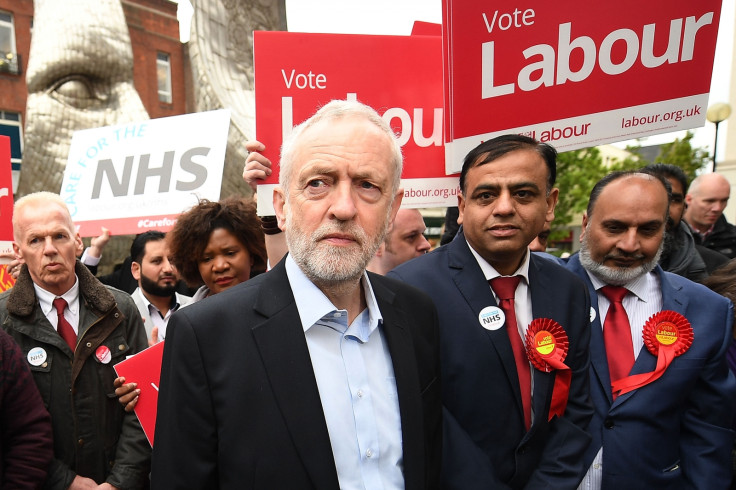
The New York Times correspondent behind the interview, Katrin Bennhold, said she later received a text message from MacKenzie urging her to tone down the quote.
It reportedly said: "Hi Katrin, Can you change that perfect headline from 'Jeremy Corbyn knifed to death by asylum seeker' to 'Jeremy Corbyn Defrauded by Asylum Seeker.' In the light of Jo Cox murder mine is in tol (sic) poor taste."
The comments, published last week, were criticised by Labour as "disgusting" with the party suggesting they were dangerous given the murder of Labour MP Jo Cox, who was stabbed to death last year in the run-up to the Brexit vote. A source close to Corbyn told the Guardian that MacKenzie could even be referred to the police for the comments.
"Kelvin MacKenzie's disgusting language incites violence and hatred and makes him unfit to work for any media outlet," the source said. "This sort of disgusting language should not be tolerated by anyone in the media, politics or any walk of life.
"We saw last year how overheated language in politics led to the murder of Jo Cox. Kelvin Mackenzie could find himself reported to the police for inciting hatred and violence against the leader of the opposition."
4. Channel 4 News hijab row
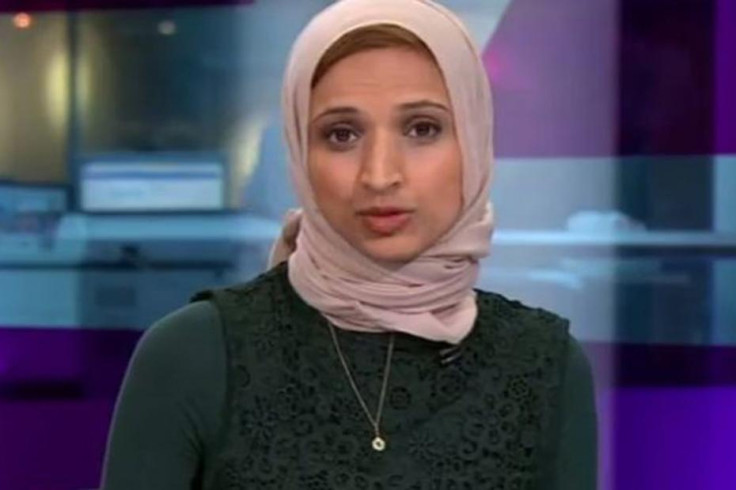
In his column on 18 July last year, MacKenzie accused Channel 4 News of "editorial stupidity" for allowing hijab-wearing journalist Fatima Manji to present the news following the Nice terrorist attack.
He wrote that he "could hardly believe his eyes" when he saw the "young lady wearing a hijab", adding that she was "not one of the regulars". MacKenzie later argued the hijab was a "religious statement" and questioned whether a Christian presenter would be able to wear a religious cross prominently, the BBC reported.
It prompted a backlash on social media with Manji and ITN chiefs sending an official complaint to Ipso, claiming the article breached the press regulator's code on grounds of discrimination, harassment and accuracy.
But despite more than 800 others also submitting complaints, Ipso later ruled that MacKenzie was entitled to question Channel 4's decision. C4 News said it was "dismayed" by the ruling, while Manji called the implications "frightening".
She had told BBC Radio 4's Today programme: "It was upsetting enough to find my picture in Britain's most widely-read newspaper next to the words 'Muslim terror attack'.
"It was upsetting enough to find myself the latest victim to Kelvin MacKenzie's tirades. But now to know that that has been given the green light by the press regulator, and that effectively it is open season on minorities and on Muslims in particular, is frightening.
"The fact that Kelvin MacKenzie can write a column and suggest that I am somehow sympathetic to the perpetrator of a terrorist attack, that somehow I am not like the rest of us, that I am the 'other' means that other people are now open to attack."
5. Ross Barkley
In a column that may prove to be the final nail in the coffin, MacKenzie caused controversy once again with a piece comparing Everton football player Ross Barkley, who is of mixed race and has a Nigerian grandfather, to a gorilla.
He also wrote the only other people with "similar pay packets" to footballers in Liverpool were "drug dealers".
The column, published on 14 April, read: "Perhaps unfairly, I have always judged Ross Barkley as one of our dimmest footballers. There is something about the lack of reflection in his eyes which makes me certain not only are the lights not on, there is definitely nobody at home.
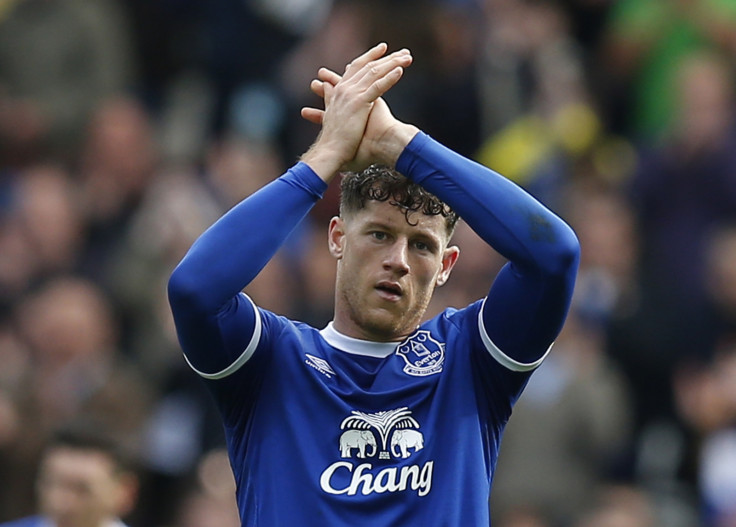
"I get a similar feeling when seeing a gorilla at the zoo. The physique is magnificent but it's the eyes that tell the story. So it came as no surprise to me that the Everton star copped a nasty right-hander in a nightclub for allegedly eyeing up an attractive young lady who, as they say, was 'spoken for'.
"The reality is that at £60,000 a week and being both thick and single, he is an attractive catch in the Liverpool area, where the only men with similar pay packets are drug dealers and therefore not at nightclubs, as they are often guests of Her Majesty."
The fallout saw Liverpool's mayor, Joe Anderson, report MacKenzie to the police for what he claimed were "racial slurs", and Everton ban journalists from The Sun entering its stadium. Merseyside police are continuing their inquiries into the incident.
The column prompted an apology by The Sun, saying the newspaper had been "unaware of Ross Barkley's heritage and there was never any slur intended".
MacKenzie said the outcry over his comments was "beyond parody", adding that he too had "no idea of Ross Barkley's family background".
© Copyright IBTimes 2025. All rights reserved.



















